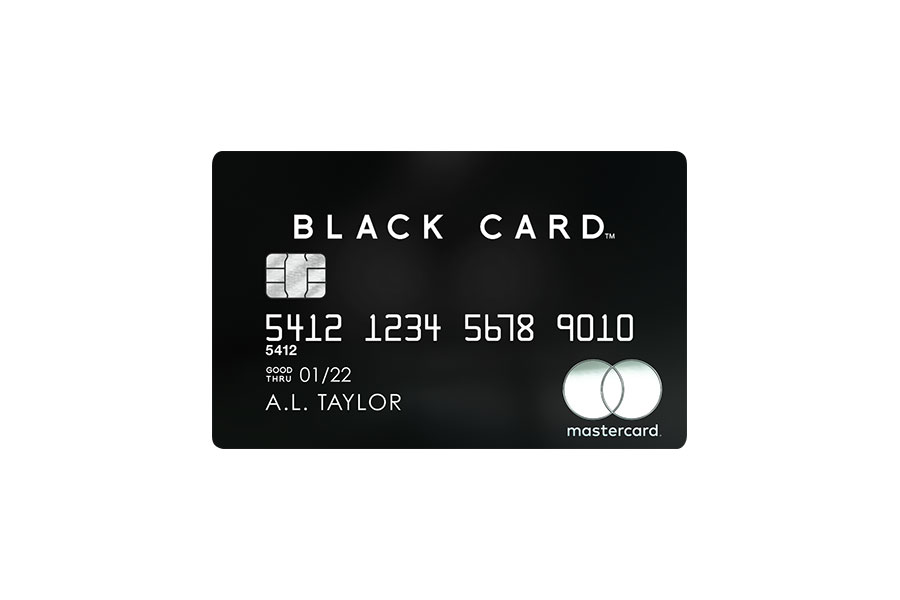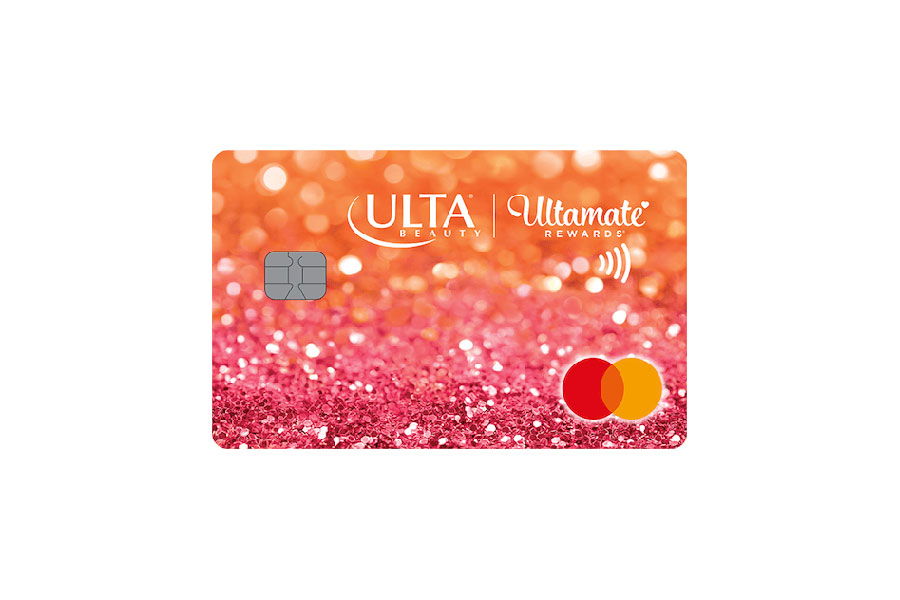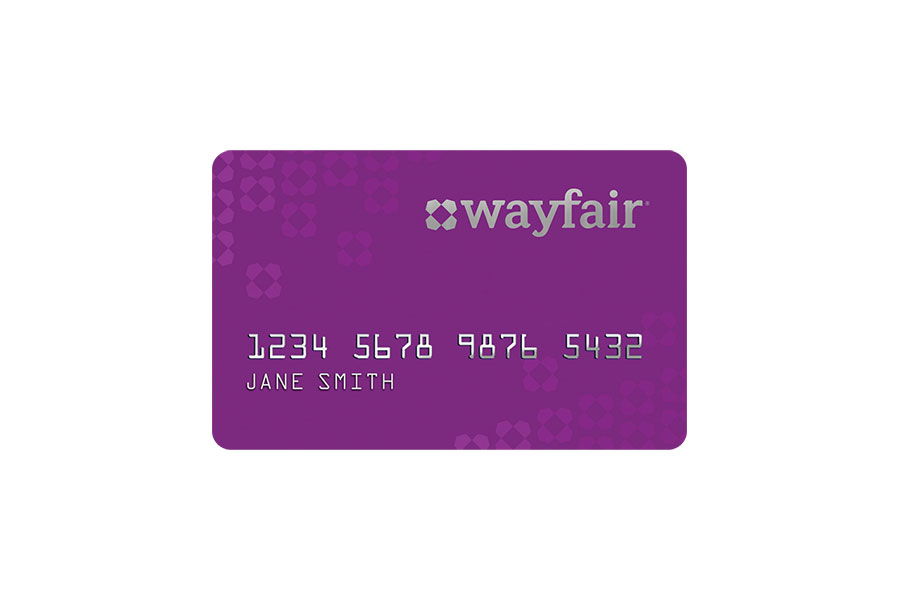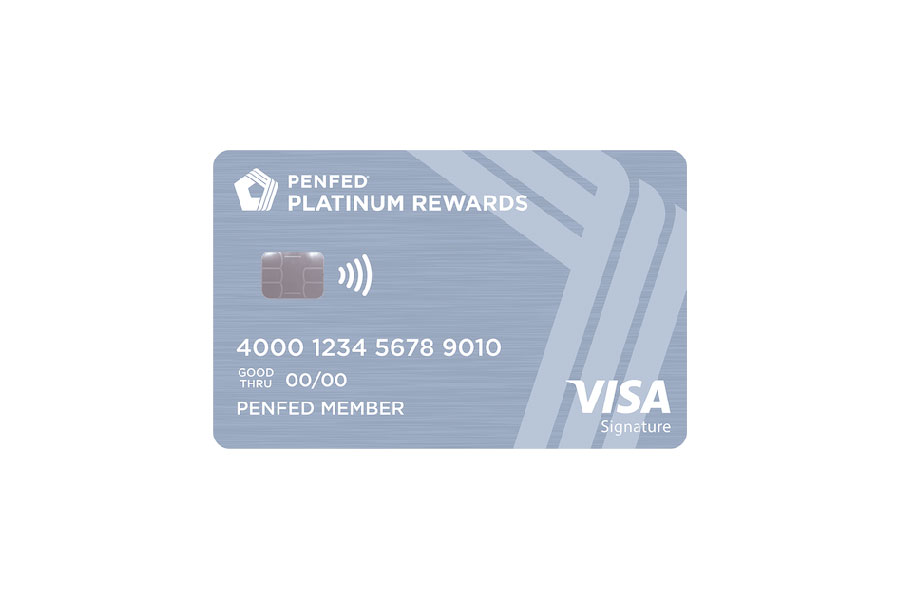If you’re considering applying for the Mastercard Black Card from Barclays, you’re likely wondering what credit score you’ll need to qualify. The Mastercard Black Card is a prestigious and luxurious card, offering exclusive perks and benefits.
As a result, the minimum recommended credit score for this credit card is 700. However, keep in mind that a higher credit score might be needed, depending on other factors.

What factors can affect your approval for the Mastercard Black Card?
Although your credit score is an essential factor in the approval process, it’s not the only one. Barclays will also evaluate your financial profile, taking into account the following:
- Income: Your income level plays a role in determining your creditworthiness. Barclays will want to ensure you have a stable and sufficient income to cover the card’s expenses and pay your bills on time.
- Debt-to-income ratio: This ratio represents the percentage of your income that goes towards paying debts. A lower debt-to-income ratio indicates you are better at managing your finances, which increases your likelihood of approval.
- Credit utilization: Credit utilization refers to the percentage of your available credit that you’re currently using. Lower credit utilization rates are more favorable, as they indicate responsible credit management.
- Negative items on your credit report: Having derogatory marks, such as late payments, collections, or bankruptcies, can significantly impact your chances of approval. These items suggest financial mismanagement and can make issuers less likely to approve your application.
How to Increase Your Chances of Getting Approved for a Mastercard Black Card
To boost your chances of approval, follow these strategies:
- Monitor your credit scores: Regularly check your credit scores and reports to stay informed about your credit status. By doing so, you’ll be better prepared when applying for new credit.
- Reduce credit utilization: Aim to keep your credit utilization below 30% by paying down outstanding balances and avoiding large purchases on your existing credit cards.
- Limit credit inquiries: Each time you apply for credit, a hard inquiry appears on your report. Too many hard inquiries within a short period can negatively impact your credit score. Space out your credit applications to minimize this effect.
- Dispute inaccuracies on your credit report: Check your credit reports for errors or inaccuracies and dispute them promptly. Removing incorrect negative items can significantly improve your credit score.
- Consider credit repair services: If your credit report contains legitimate negative items, consider seeking assistance from credit repair services like Credit Saint. They can help you dispute and potentially remove various negative items, including late payments, collections, charge-offs, foreclosures, repossessions, and bankruptcies.
Professional Credit Repair Help
Credit Saint can help you improve your credit score and increase your chances of getting approved for loans, mortgages, and credit cards at better interest rates. By leveraging their expertise and resources, they have become a trusted leader in credit repair services.
Their team of certified attorneys, paralegals, and credit experts work together to analyze your credit reports, identify errors, and dispute inaccuracies with credit bureaus and creditors. This comprehensive approach not only helps you fix your credit but also educates you on maintaining a healthy credit profile moving forward.
For a free credit consultation, visit their website and fill out the form.



